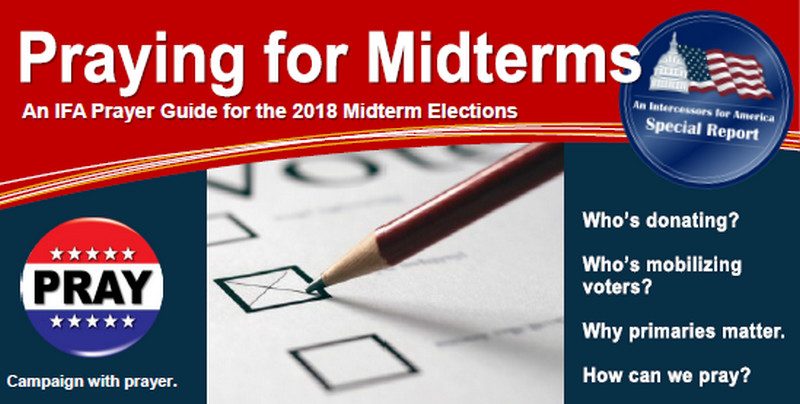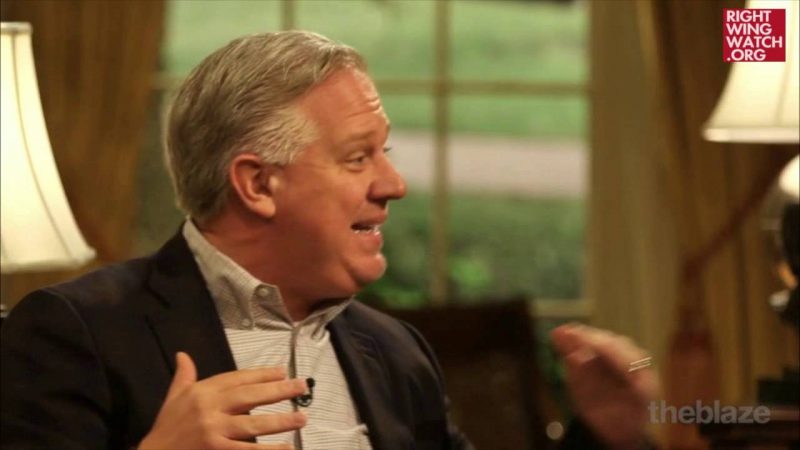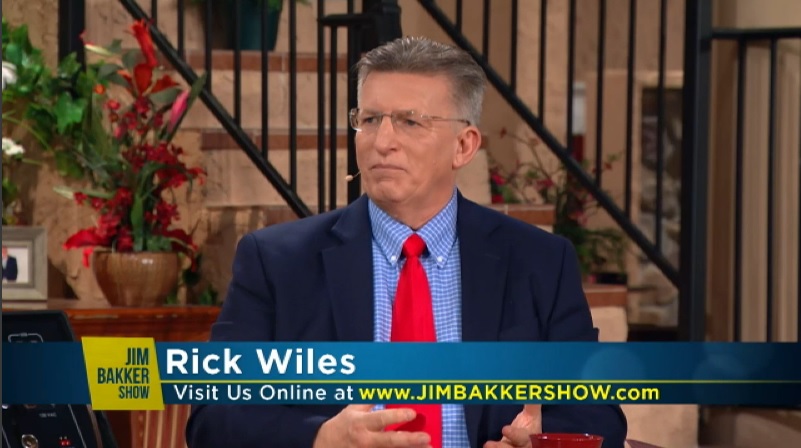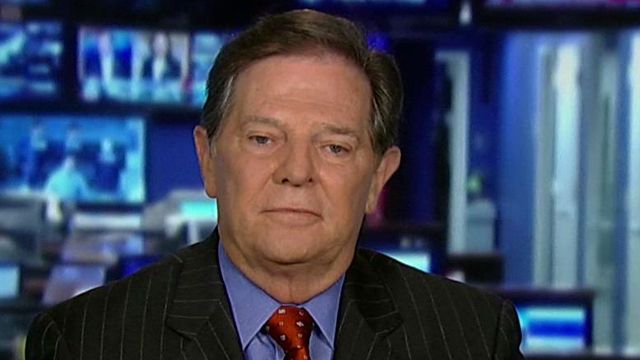Intercessors for America has released its prayer guide for the 2018 midterm elections with the goal of electing more “godly” leaders.
IFA’s vision is “to see God’s purposes for America fulfilled through sustained prayer and Spirit-led obedience.” Kyle noted last month that IFA’s director, Dave Kubal, had posted a video talking about the 2018 midterms and the importance of “aligning intercessors with elected officials” in order “to see great advances of the kingdom of God” enacted “through our government.”
IFA’s 2018 guide touts the importance of getting engaged before primary elections, and it’s talking specifics:
There are twelve key House races in our nation, in which retirements, weak incumbents, or a huge field of primary candidates warrant critical intercession. These key races may affect the balance of power in Congress. Please join us in praying for these highlighted districts—even if you don’t live there.
Overall, pray that God would be honored in our elections and that Christians would not only pray, but also participate in elections.
When it comes to the “twelve critical primary races for intercession,” IFA asks its activists, “Pray for godly candidates to emerge from these primaries and to appear on the ballot in the general election.” The guide also identifies 13 “critical Senate races for intercession,” which could “affect the balance of power in the Senate.”
It’s important to note that IFA wants people to do more than pray: It wants them to get actively involved in election campaigns. The midterm guide links to an IFA publication on “intercessory activism,” which it defines as “promoting and releasing God’s kingdom values in today’s political process by adding action to intercession, joining in political campaigns and elections, positioning intercessors alongside elected officials to support them in prayer.”
IFA’s “Intercessory Activism Guide” encourages people to volunteer in campaigns and to consider running for office. “Ask God how He might want you to become more actively involved in campaigns and elections in your area,” the guide suggests. It also suggests praying for protection for “God-fearing candidates” and asking that “those who are truly called of the Lord would stand out among the rest.”
The new midterm elections guide requests prayer for groups mobilizing conservatives, including Ralph Reed’s Faith and Freedom Coalition, Gary Bauer’s American Values, Mat Staver’s Liberty Counsel Action, the Family Research Council’s CultureImpact.org, Focus on the Family’s Family Policy Alliance, the American Family Association’s AFA Action, Champion the Vote, My Faith Votes and the Hispanic Action Network, led by POTUS Shield “prophet” Mark Gonzales.
The guide also encourages people to vote for half a dozen progressive organizations, praying for “integrity of mobilization efforts,” “for Christians to become involved in civic affairs” and “for kingdom values to gain traction.” Similarly, the guide asks for prayer for top conservative and progressive PACs and big donor families, that they would “see their wealth as seed to be sown.”
IFA, which has reported annual budgets of just under a million dollars in its most recent tax filings, hosts monthly prayer conference calls that feature invited guests like Sam Brownback.
Among IFA’s board members are Cynthia Dunbar, who worked to incorporate Christian nationalist historical revisionism into textbooks when she was a member of the Texas State Board of Education and who is now running for Congress in Virginia; and author and speaker Larry Tomczak, whose BarbWire biography describes him as a public policy adviser with Liberty Counsel. One of Tomczak’s most recent commentaries targets as “works of darkness” the film “Love, Simon,” Snoop Dogg’s “Bible of Love” album, the anti-Trump women’s marches, the post-Parkland-shooting student protests, and the Girl Scouts. Tomczak is also a plaintiff in a lawsuit meant to challenge marriage equality in Tennessee by declaring that the Supreme Court’s Obergefell ruling left the state without a valid marriage law; that lawsuit was cited by Tennessee House Republicans in a March vote to block legislation that would ban child marriage.









